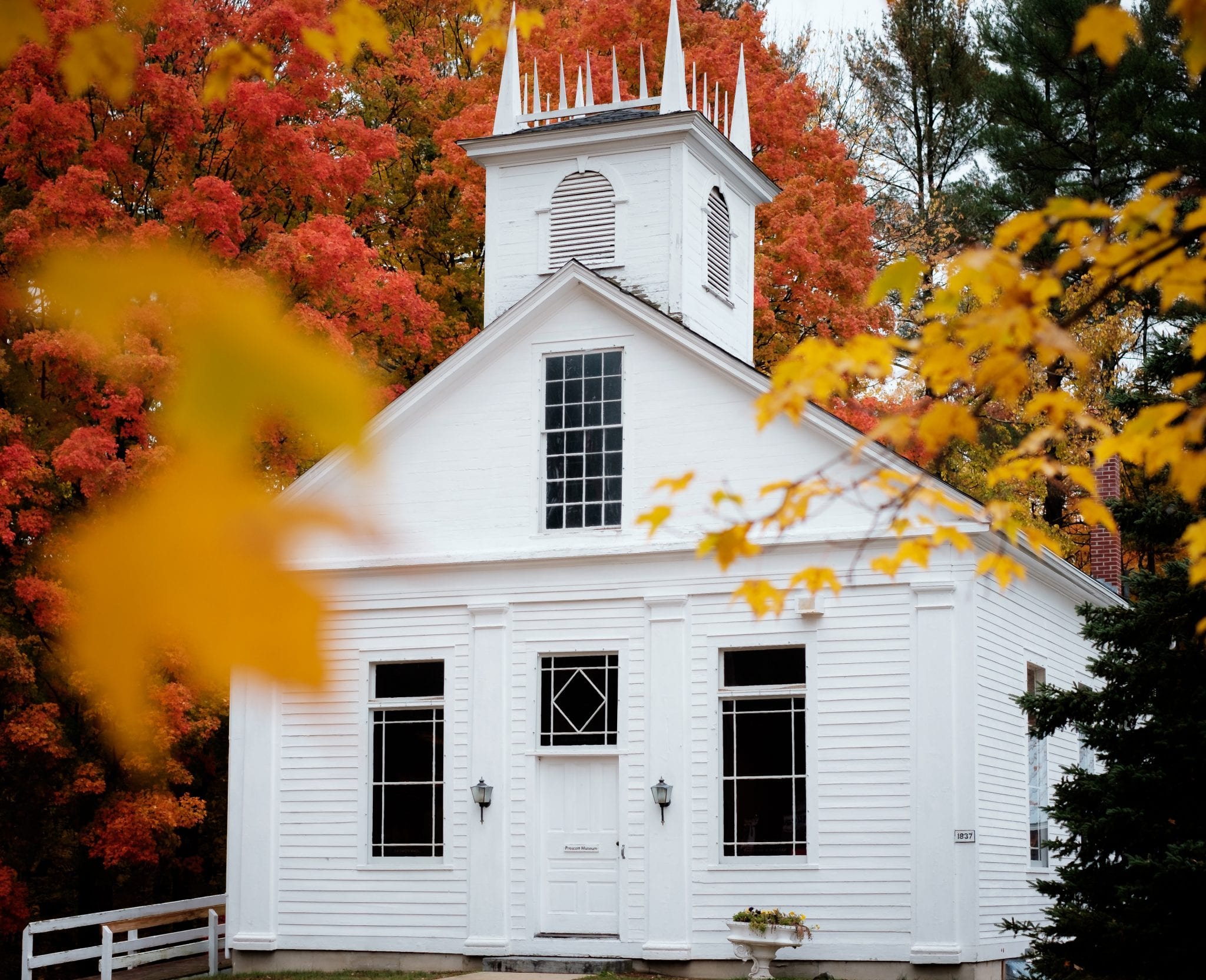On Episode 105 of The Edge of Innovation, we’re talking with Jacob Young identifying and measuring success in a non-profit organization.

Hacking the Future of Business!

On Episode 105 of The Edge of Innovation, we’re talking with Jacob Young identifying and measuring success in a non-profit organization.

On Episode 104 of The Edge of Innovation, we’re talking with Pastor Jacob Young about why he started a church in New England.

On Episode 79 of The Edge of Innovation, we’re talking with business owner Dan Frasier, about entrepreneurship & how his company, Cornerstone Commissioning Inc., is more than just a business!

On Episode 70 of The Edge of Innovation, we’re talking with photographer Al Pereira about what it takes to be a great photographer and the permanence of pictures in today’s digital world.
Advanced Photo’s Website
Contact Al Pereira
Find Al Pereira on Facebook
Find Al Pereira on LinkedIn
UPI – United Press International
The Eagle Tribune
How To Get Your Drone License
FAA – Becoming a Drone Pilot
The Amazing New World of Drones Podcast
Link to SaviorLabs Assessment
Photographing With Drones
Photographers Should Be Great Leaders
Websites and Photography
Photographers As Communicators
Memories Matter – Why You Should Print Your Pictures
There Is No Excuse! – Finding Time To Print Photos
Paul: Well so now, I know it’s been a couple of years now, but you’ve been in drones.
Al: Oh, yes. I actually got certified by FAA to fly them.
Paul: Okay. So you’re a certified drone pilot. But you didn’t want to fly drones so you could just fly around and look at neighbors’ pools and stuff. You know, look at power lines or something. You did it because you thought you could make a business out of it of taking cool photographs of businesses and offices and sites. So how has that been going?
Al: I’ll tell you. The drone industry has taken off. The business side of Advanced Photo, the drones has taken off. I do a lot of real estate pictures and videos. And it seems that every week, I get more and more jobs with not just taking photos of the inside of the house but also we need the video, and we need drone photos of the outside of the house. So in the last month and a half, I’ve actually ended up getting like six more real estate agents. And I don’t want to overdo it, but it’s in a comfortable kind of stage where I can handle the work.
But that’s not where it stops too, what I do. I actually do virtual tours of houses. So that’s a new technology that hasn’t been out that long where, if you are familiar with the way Google works when you find a street and you can walk down the street, it’s similar to that. You can do a complete 360. But the quality, it’s like you’re in that house. The grain of the woods is so sharp that you could almost touch it. That’s how much reality it is. And you capture the photographs from that, and it’s magazine ready.
Paul: Wow. That’s cool.
Al: That type of quality. So from drones, the virtual tours… I mean, there isn’t much that I don’t do and I don’t love doing. Everything. One of my realtors that says, “Al, I love working with you. You’re always excited every time I call you, and that makes me feel good. It makes me want to work with you.” And that makes me feel good.
Paul: Well, it should. One of the things that I think differentiates you from a lot of photographers, and just from a lot of people, is you have a great personality. One of the things I think that’s important is, I’ve worked with a lot of photographers, and I know a lot of them. And a lot of people have been in a lot of weddings where you’re watching the photographer, and they’re sort of like saying, “Uh, move.” And doing this. And they’re talking with this diminutive voice, and they’re not saying things. “Look this way.” You know, there’s no energy. And I’ve seen you take control of a room. And, “Okay. Come on. Move over here. Look this way. Okay, I want you to tilt your head just a little bit this way.” And you’re directing them to make them look good. And I think that’s one of the keys for a good photographer is to be able to communicate effectively with the people you’re working with. And that is just so rare. I’ve seen it so much that it’s just all lacking.
Al: You know, I always had this philosophy. You get hired to do a wedding, and you have a job to do. Are you going to be a follower, or are you going to be a leader? In other words, when I get hired, I walk into the house. I gradually guide the bride from step A to B to C, and I get her to be on time from the house to the church, going down the aisle. A photographer, today’s photographers are not leaders, they’re followers. And they stand back and let the bride do the work technically on their wedding day. I just did a recent wedding, and it was amazing that the photographer would say, “Okay, what other picture do you want? What other picture do you want?”
Paul: And that’s not what they’re thinking about.
Al: And I was doing video at this particular wedding. I was like, “Oh, my god. I mean, how can this be? What’s going on?” And I call them “weekend warriors” because they really don’t know the poses. They don’t know the key shots. They’ll take 2,000 photos, but you’re lucky to get 100 decent ones. So it’s important that when you look for a photographer that you get a photographer that’s going to do the job and going to do the job without you having to think for them. They should know what needs to be done.
Paul: Right, yeah. And I think you’re right. Photography is leadership, and it’s coming in and saying, “You want this to look good. Let’s do it.”
So I’d like to touch on this. We actually just had Al take some photos for us for our website which you can see on the website. And we do a lot of websites for people, companies, whatever it might be. And I think the biggest problem with websites is bad photography or, even worse, is stock photography. It is just not what people are looking for. When they come to your website, they want to see pictures of you. They want to be able to identify you. So if you’re out there in business, and your website has stock photos on it, I would run as fast as you can to get a real photographer and get some taken. And don’t get, you know, the, the sister of the daughter of the president or something like that. “Oh, they’re, they’re good with a camera.” It’s not all that expensive to hire a photographer for a couple of hours, and you will get more photos than you could use. I will tell you, the conversion rate on real photos for people on websites, makes a huge difference.
Now what you can do is go and find some stock photos that you like the design of, and say, “This is the kind of photos I want you to make.” That will help. It will decrease the amount of time, but it’s an important investment. You could spend $1,000, $10,0000 on a website and spend that little extra money to get a photographer.
Al: With that being said, Paul, one of the things that I’ve found with previous jobs that I’ve had is the lack of communication. They’ll hire you, and they’ll say, “Okay, we need to have you go to a location.” Okay, fine. And you try to find out what it is that I’m there for, and there’s no communication whatsoever. And you get there, and you’re trying to figure out what it is exactly they want. So you ask questions. And sometimes, they get annoyed that you’re asking the questions. “Well, I hired you. Just do the job.”
“What am I doing?” I’m taking pictures, but what is the purpose of the photos?
So you hire someone, you really need to communicate to the point that, “Okay, this is for a website.”
“What’s the website about? What do you do? What kind of a business is it? Okay, your folks, do they have personality? I mean, are they willing to be in front of the camera?” There’s so much nowadays especially. The communication factor is so important.
Paul: Right. Absolutely. And I think that’s a good point, even for your website. What does it say, you know? You need to look at it. One of the most difficult things when you have your own business website is assessing what is it actually saying, because you read so much into it. So you need to almost sit down with somebody you don’t know and say, “Tell me what you think of this website. What does this company do? What do they want you to do?” I’ve done that with different people, and I will tell you, the difference of reaction between real photos and stock photos or real video. And also video is huge. Don’t underestimate that. A good video is worth so much. They say a picture is worth a thousand words. Then maybe a video is worth 10,000.
Al: You know, one of the things that I always try to imagine is, “Okay, this is my business. What would I want?” I love eye contact with the camera. I love animation in a video or even in a photo, like for example, your staff. They love what they’re doing, and I want people to be able to see that. So the smile. It’s not always about being serious. It’s let’s capture that employee’s personality because you put that up, and people are going to say, “It looks like a fun, you know, place to work at.” And that’s more important than just having a snapshot, you know.
Paul: Well, I think what you’re talking about is relationships. What photos do is remind you of a relationship, whether it’s to a place or to people, or people in a place. And an effective communicator, that is called a good photographer, a good videographer. We want to tell stories, and that’s what photos do.
Paul: Now we’ve also talked about this, just as sort of an aside, is it used to be that you’d have a closet full of slides or photos or the people that were a little more organized would put them in books. And they’d pull them out once in a while and look at them. That can’t happen anymore.
Al: Not unless you have a projector.
Paul: Or you put it on your phone, and you flip through them there. But it’s a very different experience. You know, it’s like looking at a two by three print.
Al: That’s correct. You know it’s funny. There are a lot of people out there that have old negatives in a shoe box or the slides. And I’ve always said, out of sight, out of mind. And what good are they in a shoe box? You should do something with them. And people say, “Well, what am I’m going to do with them?”
I say, “There’s a few things you can do. You can have them scanned in, digitize them. Now that CD or DVD that you have become negatives, your negatives.” Remember the old days when you would have a roll of film? You would get negatives back. Well, there’s no such thing now. But you need to back up your digital files. You can’t trust a computer. You can’t trust external drives.
Paul: That’s true, yeah.
Al: Even DVDs you need to really have a couple of them just in case.
Paul: Yeah. They’re not archival, as we call it.
Al: But, you need to do something with them. And then once you get them in front of you, then you say, okay, what do I want to print? Do I print them at least four by six and get that album. There’s nothing like having an album to sit down on the couch with a cup of coffee or at a table and look at photos. It’s not the same on the phone. It’s not. You’re lucky if you can find them, first of all.
Paul: Well that’s the biggest thing is you can’t find them. But I also have seen people now doing like a photo wall in their house where they’ll have just bunches and bunches of prints that they’ll put up and change them once in a while or move them around. But I just think that’s a great idea because we’re in this rush, rush world. But we have to stop and smell the roses and really enjoy the memories.
Al: Well, that’s important. If you read the paper or if you sometimes watch the news, in the Midwest, there’s a tornado; there’s a flooding. And it, it doesn’t surprise me, but I always hear, “I’ve got to get my photos. Those are my memories. You can’t replace memories. You can’t replace photos.” And they will almost kill themselves just to try to get those out of there. It’s different in this part of the world because everybody is so busy. They don’t think about the memories that they have captured—
Paul: Until it’s too late.
Al: —on their phone. Right. Until it’s too late. You know, I do slideshows for memorial services, and it’s rather sad that in the last seven, eight, almost 10 years now, I’ve seen less and less recent photos of the folks that have passed than ever before. So they’re scrambling to find anything they can. And it’s 20, 30 year old photos. They don’t look like that anymore. And one of the reasons too is, “Oh, I know we have photos, but we can’t find them. They’re on a computer, or they’re on a phone.”
Paul: Who knows where? On an old phone somewhere.
Al: Right. And it’s sad because those are your memories going forward. And I have also folks that have parents that have Alzheimer’s and so forth, and they come to me and said, “You know, the other day, I showed my mother this photo from my phone, and she had a beam in her face, and it’s like she remembered. So can you print these photos?” And you know what? It makes a difference in those people’s lives.
Paul: Yeah, it sure does.
Al: Because they look at it and, for some reason—
Paul: They remember.
Al: It kind of stimulates their mind as to when it was taken, how they were in the photo and so forth. So, people need to understand photos, that Kodak moment, still exists.
Paul: Yeah, it sure does.
Al: You just have to take the step, and there is no excuse — I don’t have the time — because there’s emailing the photos to your local lab, there’s uploading by going to their website. There’s so many different ways. Put them on a thumb drive. Go to the store. Put them in the slot, in the mail slot, with a note saying print all of them. You know what I mean? So, it’s a few seconds it takes.
Paul: Yeah, it is. It’s something very tangible. It’s very interesting when you hold the photo and if you haven’t experienced that — because you might not have any printed photos — give it a try. It’s really incredible. it’s something that’s just a neat experience.
Al: Just holding a photo. I mean, you can turn around and show it to a friend, and you can laugh. Okay, you could put it down and say, “You know what? Wait a minute. Let me go back and look,” where you don’t have to use your finger to scroll back and try to find it from a thousand pictures.
Paul: Yeah, there’s a lot more permanence to it and it just sits there and it’s a very different experience. I think it’s important for people to start.
Al: But you know what I have noticed in the last six months to a year that I’m getting a lot younger people coming in, especially when they go to college, they come in and they print a bunch of four by sixes so they can have it on their wall. And that really excites me because they look forward to seeing those photos once they’re printed, and they get excited, and they say thank you, you know.
Paul: Absolutely.
Well, we’ve been talking with Al Pereira of Advanced Photo in North Reading, Massachusetts. You can see his work by looking in our show notes and how to get in touch with Al and get to his websites. But it’s been a privilege to talk with you. Thank you for your time and we appreciate it.
Al: It’s been a lot of fun, Paul, and I really appreciate you having me.
Paul: Alright.
Al: Thank you.
Paul: Thank you.
You’ve been listening to Part 3 of our interview with Al Pereira! If you missed Part 1, you can listen to it here and if you missed part 2, you can find it here!
Also published on Medium.